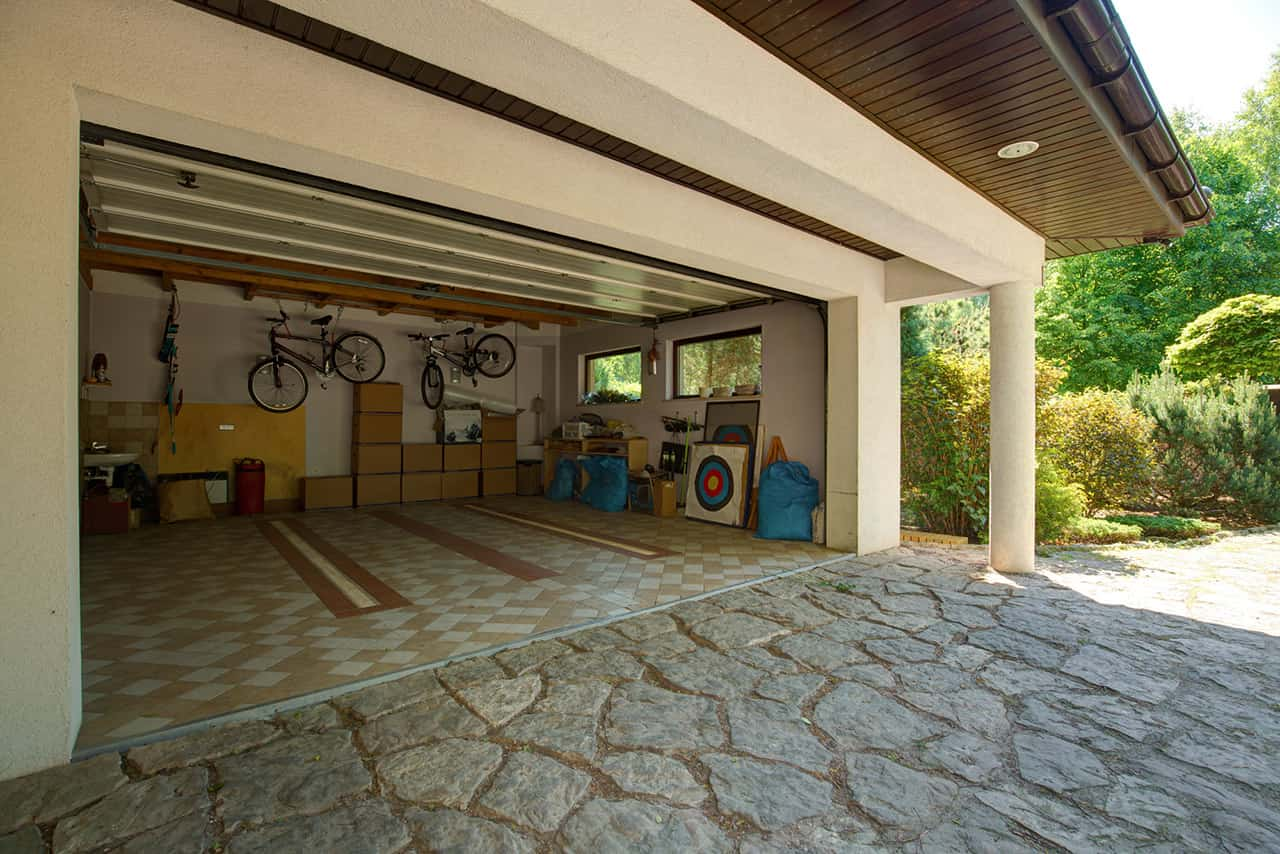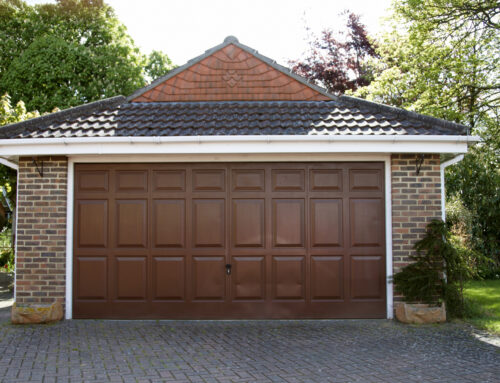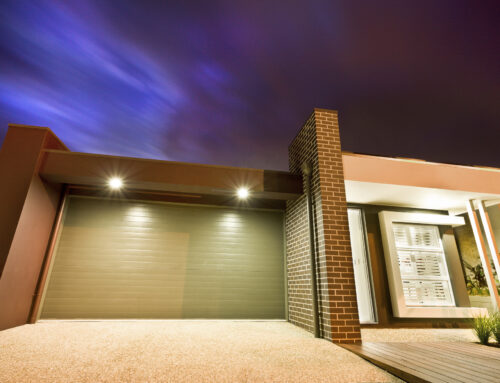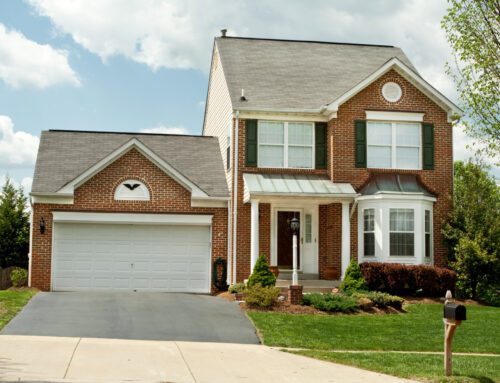How to Fix a Noisy Garage Door: The Ultimate Guide
On average, your garage door should have about 30 years for its lifespan, especially if you take good care of it. But doesn’t necessarily mean you won’t hit any road bumps in those 3 decades.
For example, is it starting to make irritating noises? Then you may be wondering about how to fix a noisy garage door.
To help you out, here’s the ultimate guide on getting rid of a squeaky garage door.
Tighten Everything Possible
Have you ever had a squeaky bed, but once you tightened up all the nuts and bolts, it was as good as new again? The same concept goes for your garage door.
You’ll want to get a screwdriver, wrench, and socket set and tighten everything you possibly can on your garage door. Leave no stone unturned; find every screw, nut, and bolt, and tighten them as much as you can.
But be careful that you don’t overdo it, as you might strip the lag screw holes. Another thing that might happen from overtightening is the carriage bolt heads may be pulled through your garage door.
You’ll also want to make sure to tighten the belt or chain on the opener. Once you’ve done all of the above, give your garage door a try.
In many cases, this will quiet the squeakiness straight away. But if that’s not the case for you, move onto the next solution.
Use Garage Door Lubricant
If tightening all the nuts and bolts didn’t work to stop the squeakiness, then you’ll have to try using a lubricant.
If you’re wondering how to lubricate a garage door, it’s actually really easy to do. Go to your local hardware store to purchase some garage door lubricant or any type of synthetic lubricant.
Spray the lubricant on parts like the tops of springs, inside of tracks, chain of the chain assembly (if you have one), pinions, hinges, and any other moving parts of your garage door. Then, wipe away the excess liquid. This should get rid of any noisiness that’s coming from your garage door.
Do note that if you have a belt-driven opener, don’t use a lubricant on it. You should avoid using it on anything that’s not metal, such as rubber.
Make sure you lubricate it at least twice a year to keep the noises at bay. And don’t be afraid to apply the lubricant quite liberally, as this will help get into all the little crevices where parts might need a little extra help.
Look at the Tracks and Rollers
Over time, the tracks and rollers of your garage door can wear down. If they’re damaged, then that’ll create the noisiness you’re hearing. In that case, you should have professionals fix them for you.
Rollers may also start sliding instead of rolling in the tracks. And the tracks may also become misaligned over time. Again, these issues can create noise in your garage door, so have an expert take a look and put things right.
If you have metal rollers, then those will naturally be a lot noisier than other choices. You can opt to replace them with nylon rollers, which are much quieter. Not only that, but they also don’t need lubricant or much maintenance, really.
In addition, nylon rollers aren’t a significantly pricier option than metal ones, so all you have to do is make the initial investment into the replacements and you’re gold. While this can be a DIY job, consider having a garage door professional do it for you, as it’ll take just a few hours for the job.
Add Insulation
Sometimes, some garage doors will just be louder than others. And you may be more sensitive to that sound than other homeowners.
So even if your garage door is in perfect condition, it still may be louder than you’d like it to be. In that case, you can add some insulation to soak up that noise.
Pick up some noise insulators from the home improvement store. You can then install them right in between the engine block and metal brace.
You can also put pieces of rubber between the bolts and door. This, plus the noise insulators, will help cut down on the vibrations that come from your garage door when it goes up or down. As a result, it’ll be much quieter.
Replace the Insulation Strip
Like with everything else, the insulation strip wears out over time. If it’s worn down or completely gone, your garage door will be loud. Not to mention, your garage may feel colder than usual.
All you have to do is take the old insulation strip off and replace it with a new one from a home improvement store. Make sure you get a longer strip than your door is, as it’ll shrink after installation.
Have the Pros Fix Your Noisy Garage Door
If you’ve tried all of the above methods and you still have a noisy garage door, then you’ll probably need the touch of a pro. This can be especially true if your garage door is several decades old and you may be in need of a replacement.
When you call a company like Garage Harmony, we can come take a look at your garage door and give it a thorough assessment. We’ll determine whether it’s a simple repair job or if you need to get a new door installed. You can trust us to give you an honest assessment and cost-effective solutions.
If you’re in Oregon or Washington and need garage experts to help you out, then feel free to get in touch with us. We always make sure to respond promptly!






Leave A Comment